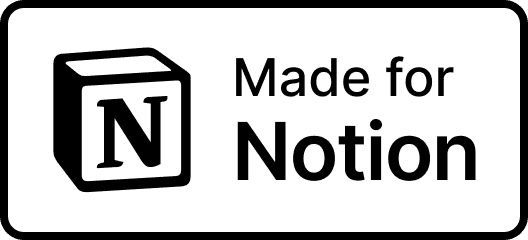The Product Backlog: A Double-Edged Sword in Agile Development


The Product Backlog: A Double-Edged Sword in Agile Development
In Agile product development, the product backlog is the heart of the process. It’s a prioritized list of user stories, features, and tasks that the team plans to tackle, serving as a valuable repository of ideas and potential value. However, an unmanaged backlog can quickly become overwhelming, making it difficult for teams to stay focused and hindering progress.
Effective Backlog Management: Key Principles
To keep the product backlog effective and manageable, apply these essential principles:
Prioritization: Ruthlessly prioritize backlog items based on their value to the customer and the business. Focus on the highest-impact items to ensure the team is always working on what matters most.
Refinement: Regularly review and refine the backlog to keep it relevant and up-to-date. Backlog grooming sessions help ensure that tasks are well-defined and ready for development.
Collaboration: Involve the entire team in backlog grooming and prioritization to foster shared understanding and buy-in.
Transparency: Make the backlog visible to all stakeholders to promote open communication and alignment on project priorities.
Notion as Your Backlog Management Ally
Notion is a versatile tool that offers the flexibility and collaboration features needed to tame the product backlog. Here’s how Notion can help:
Databases: Set up a dedicated database for your product backlog, using properties like priority, status, and assignee to organize and filter items.
Kanban Boards: Visualize the backlog on a Kanban board for a clear overview of work in progress and upcoming tasks, allowing the team to manage workflow at a glance.
Linked Views: Use linked views of your backlog to focus on specific aspects, like features, sprints, or releases, making it easier to break down and manage.
Collaboration: Leverage Notion’s commenting and @mentioning features to facilitate discussions and gather feedback on backlog items, keeping the team aligned.
Prioritization Frameworks and Strategies
To prioritize your backlog effectively, consider these popular frameworks:
MoSCoW Method: Classify items as Must-Have, Should-Have, Could-Have, or Won’t-Have to set clear priorities.
Value vs. Effort: Evaluate items based on their potential value and the effort required to implement them.
Kano Model: Categorize features based on their impact on customer satisfaction, such as basic needs, performance features, and “delighters.”
RICE Scoring: Prioritize items based on Reach, Impact, Confidence, and Effort, providing a quantifiable way to focus on high-impact tasks.
Streamlining Backlog Management with Notion
Use these tips to enhance your backlog management process in Notion:
Templates: Create templates for user stories and tasks to ensure consistency and capture essential information every time.
Automations: Use Notion’s automations to streamline repetitive tasks, such as moving items across Kanban boards or updating statuses automatically.
Integrations: Connect Notion to other tools like Jira or GitHub to synchronize information across platforms, minimizing duplication and ensuring a unified workflow.
Effective backlog management is essential for Agile teams to stay focused, prioritize efficiently, and consistently deliver value to customers. With its flexibility, collaborative features, and affordability, Notion is an excellent tool for taming the product backlog and helping Agile teams achieve their goals. By applying these strategies and leveraging Notion’s capabilities, you can keep your backlog in check and empower your team to build better products with clarity and confidence.
If you are looking for specific discovery activities such as centralizing feedback or insights that will eventually feed the product roadmap, get the Product Discovery OS to get started.
